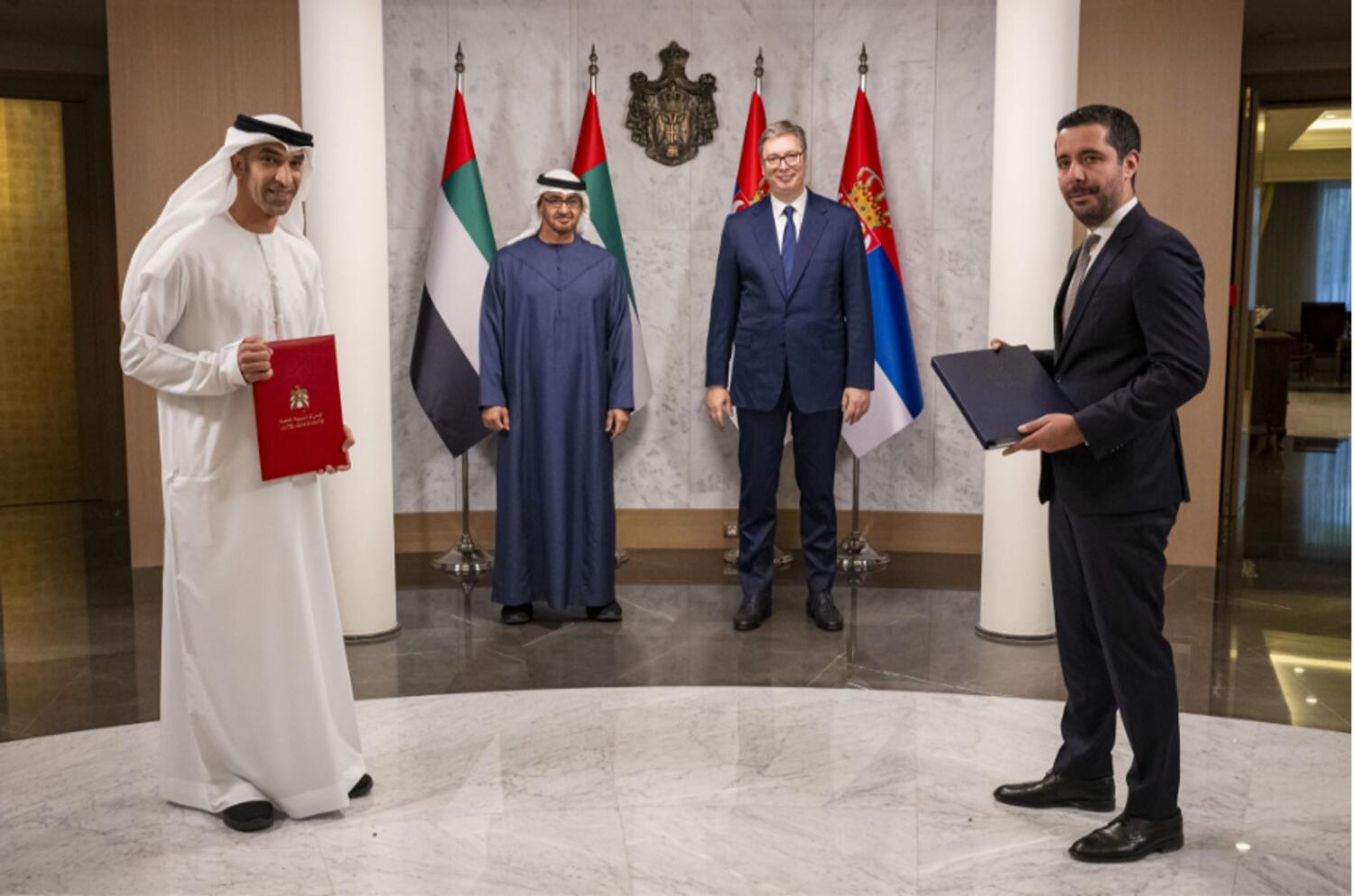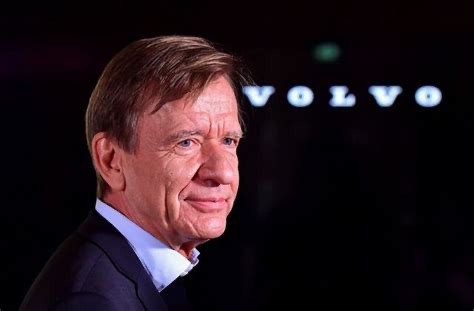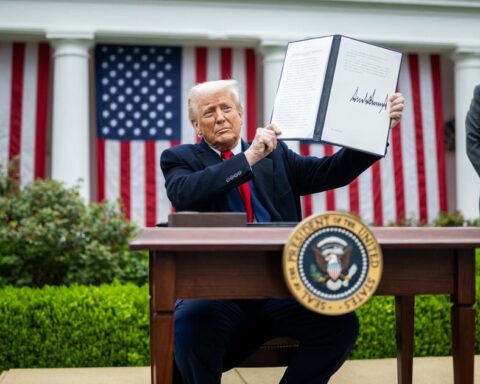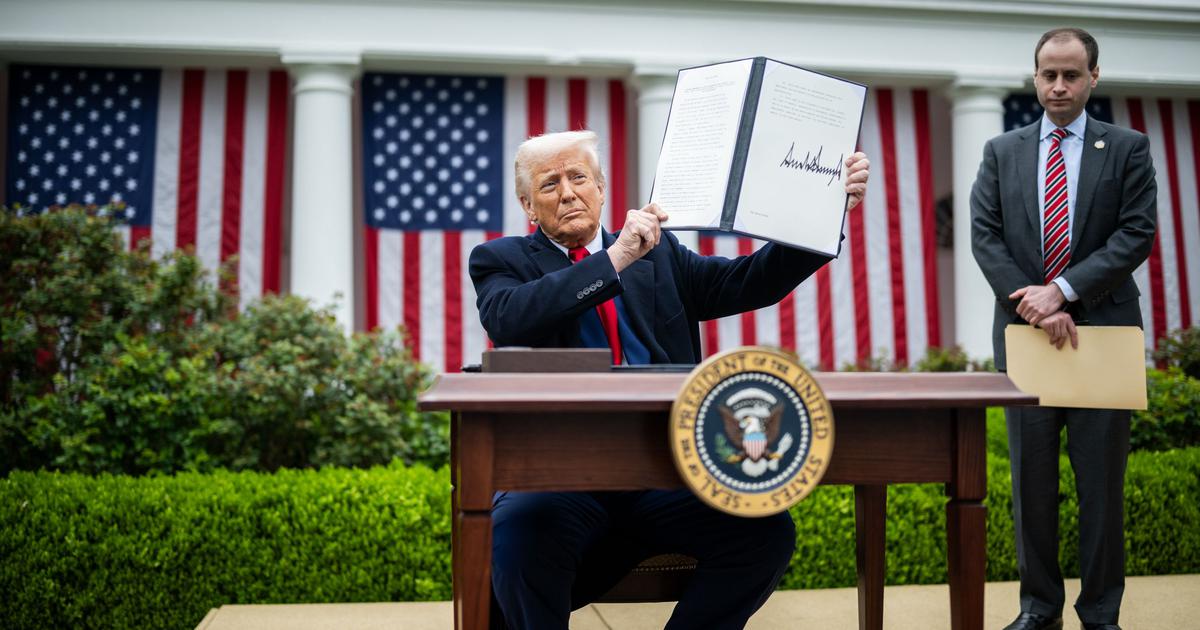Historic trade agreement marks first UAE partnership with a non-WTO member, aiming to enhance bilateral trade and investment
The United Arab Emirates (UAE) and Serbia have officially signed a Comprehensive Economic Partnership Agreement (CEPA) aimed at significantly enhancing bilateral trade and investment. The agreement, which is expected to add $351 million to the UAE’s GDP by 2032, marks a strategic milestone as the first UAE trade deal with a country outside the World Trade Organization (WTO).
The CEPA was exchanged during a ceremony in Belgrade on Saturday, witnessed by UAE President Sheikh Mohamed bin Zayed Al Nahyan and Serbian President Aleksandar Vučić. Dr. Thani bin Ahmed Al Zeyoudi, UAE Minister of State for Foreign Trade, and Tomislav Momirović, Serbia’s Minister of Internal and Foreign Trade, represented their nations in the agreement exchange.
In his remarks, Sheikh Mohamed hailed the pact as a transformative step in the UAE’s efforts to build a network of trade agreements that will accelerate economic cooperation and investment. “This agreement paves the way for a new era of economic cooperation and affirms our shared commitment to fostering lasting growth and prosperity for our countries and people,” he said.
Impact on Bilateral Trade
The UAE-Serbia CEPA is expected to boost bilateral non-oil trade to $500 million within the next five years, up from $122.9 million in 2023. The agreement aims to remove or reduce duties on product lines, eliminate unnecessary trade barriers, protect intellectual property rights, and facilitate mutual investment flows. This comprehensive approach will provide new opportunities for collaboration, especially in high-growth sectors like renewable energy, agriculture, food security, and infrastructure.
A Gateway to the Balkans and Southeast Europe
Described as a “vital bridge” to the Balkans and Southeast Europe, this agreement will serve as a key driver in expanding the UAE’s trade footprint in the region. Dr. Al Zeyoudi noted that the deal reflects the UAE’s ambition to create new opportunities for growth and stimulate sustainable economic development between the two countries.
“The CEPA features a tariff reduction and elimination of up to 96% across customs tariff lines, making it one of the most comprehensive agreements we have signed,” Dr. Al Zeyoudi stated, underscoring the agreement’s potential to increase non-oil trade between the two nations.
Strategic Economic Partnership
Serbia, a key partner for the UAE in Eastern Europe, views the agreement as a catalyst for deeper economic ties and diversification. President Vučić expressed optimism about the potential for the agreement to unlock new opportunities in economic cooperation and foster sustainable growth.
The UAE, which is Serbia’s largest trading partner in the GCC, currently accounts for 55% of Serbia’s trade with Gulf nations. The agreement solidifies the UAE’s position as Serbia’s third-largest market for exports in the Middle East and enhances Serbia’s access to the broader Arab region.
Long-Term Economic Strategy
The UAE’s CEPA program, launched at the end of 2021, is a key pillar of the country’s economic growth strategy, which aims to double the total value of foreign trade to Dh4 trillion by 2031. With agreements already signed with countries such as India, Turkey, Israel, and Cambodia, the UAE continues to expand its global trade network. Negotiations with Japan, Malaysia, New Zealand, and Ecuador are currently underway.
The signing of the UAE-Serbia CEPA not only strengthens bilateral ties but also reflects the UAE’s broader vision to integrate with high-potential regions and create lasting, sustainable economic partnerships. As both countries prepare to implement the agreement, it sets the stage for a new era of growth, innovation, and collaboration.
4o















